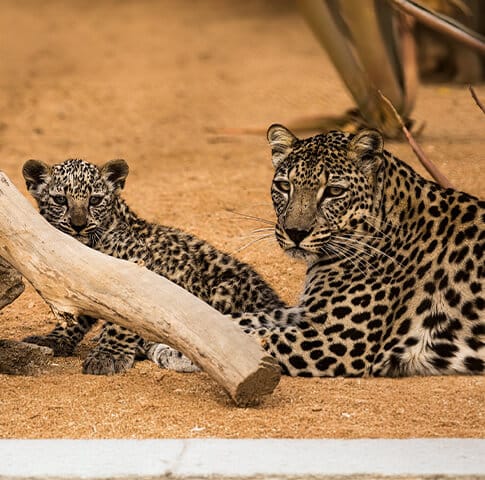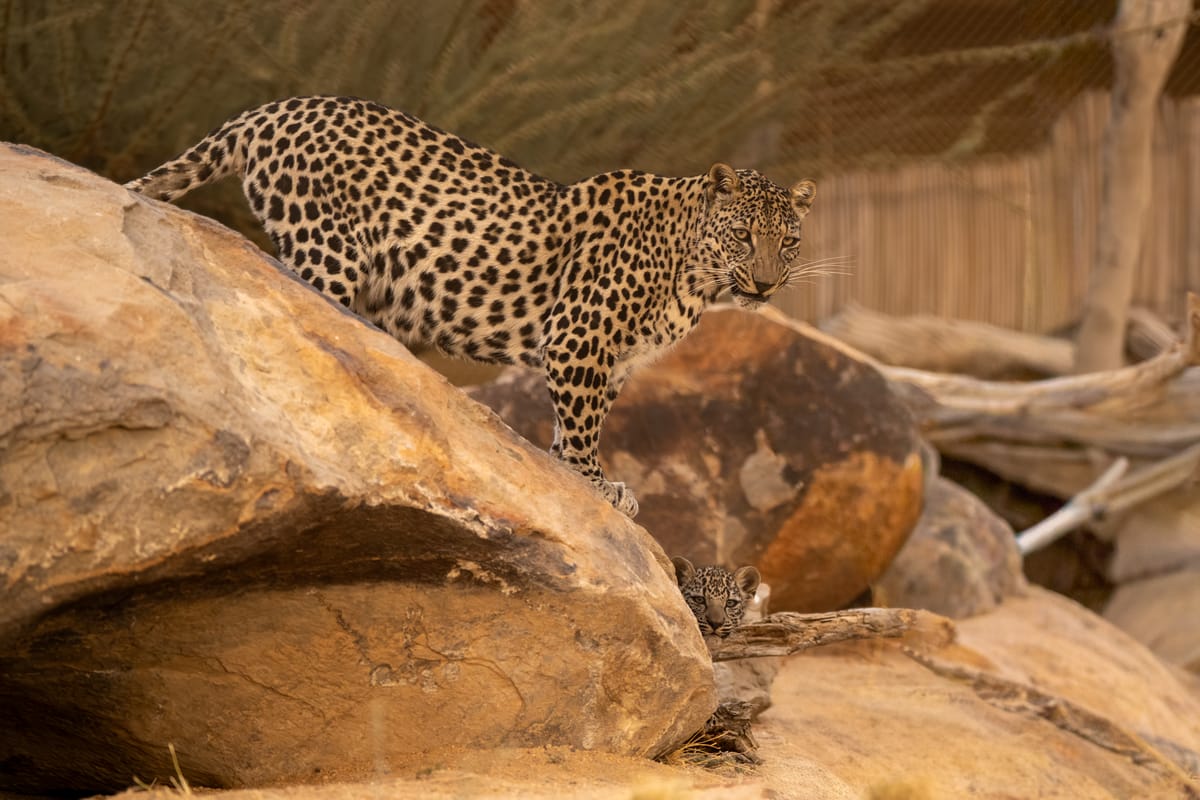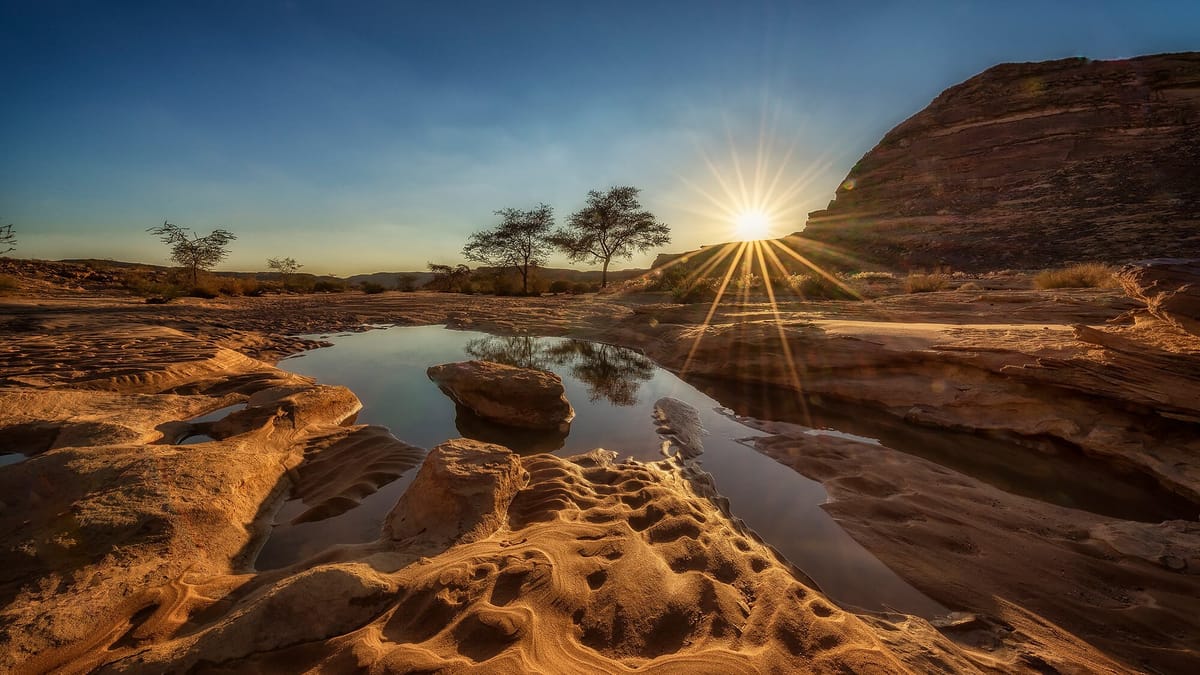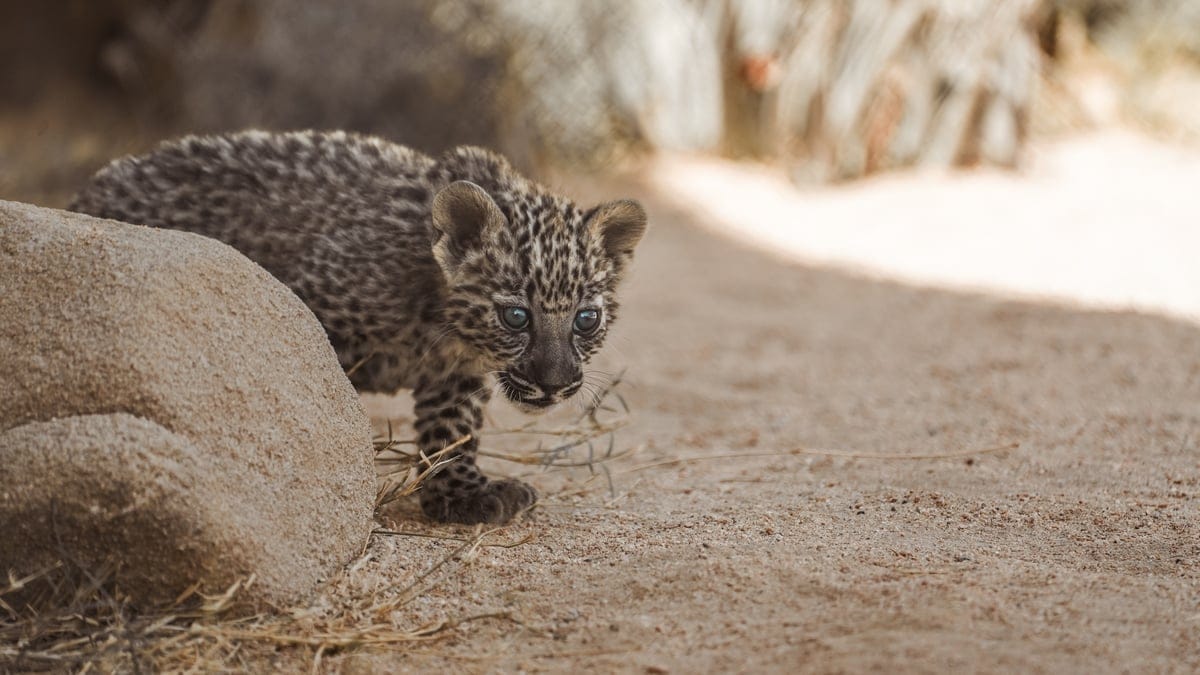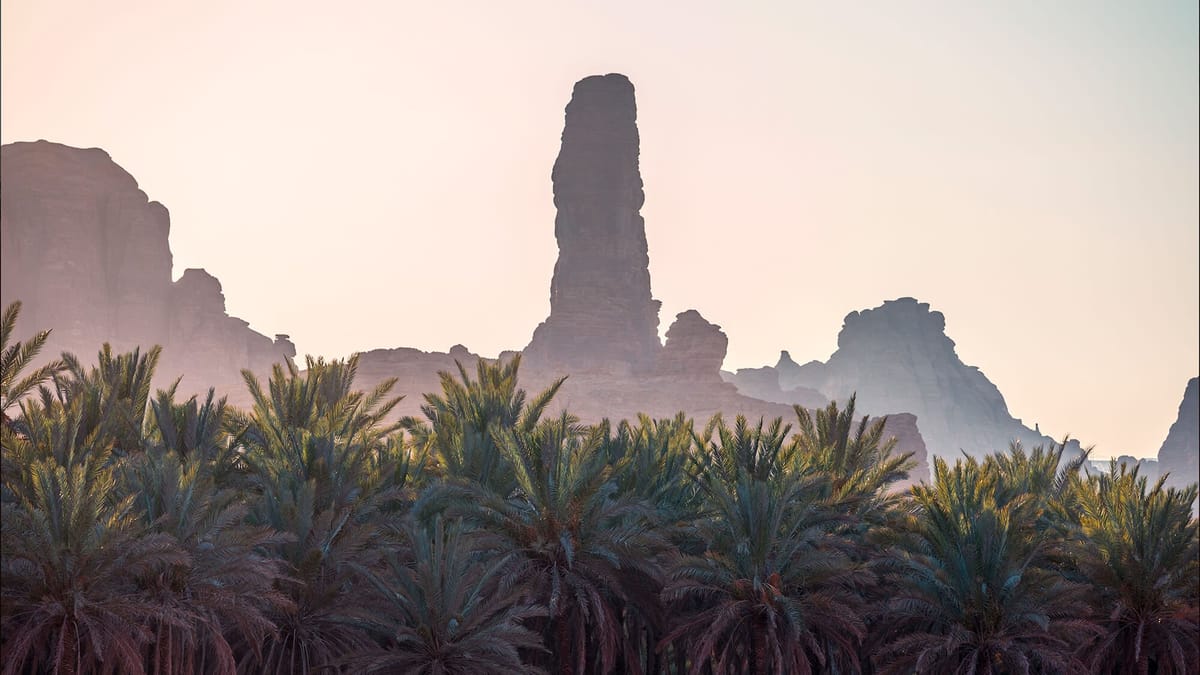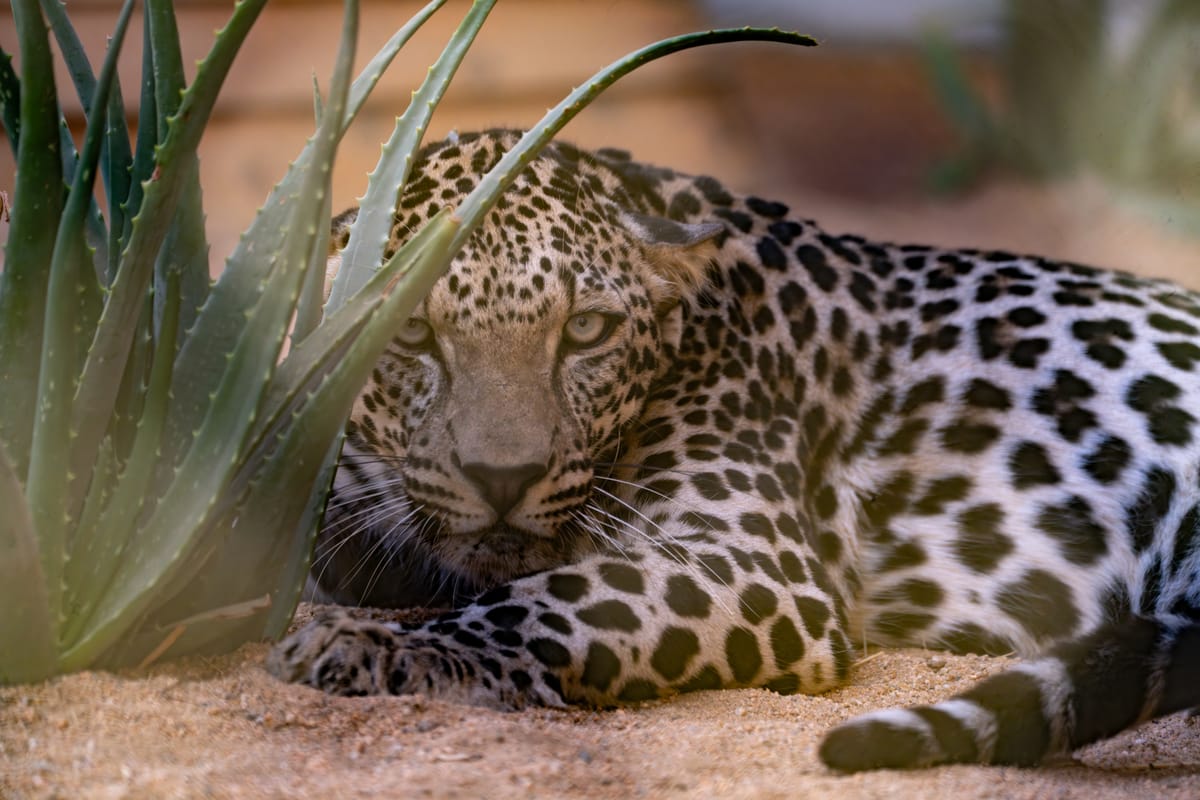The Arabian Leopard’s population has dwindled and the subspecies is classified as “Critically Endangered in the wild”. Recognising the urgency, the Royal Commission for AlUla (RCU) is committed to conservation efforts through the Arabian Leopard Programme. RCU’s approach includes habitat restoration and public awareness initiatives. By safeguarding the Arabian Leopard, RCU preserves AlUla’s natural and cultural heritage for future generations
Amidst expanding human settlements and dwindling prey populations, the leopard’s survival hangs in the balance. Human activities, including hunting and habitat encroachment, have pushed this majestic species to the brink of extinction. With no accurate count of remaining individuals, urgent action is essential to prevent their disappearance from the wild. Saudi Arabia and the wider region recognise the critical need for conservation efforts
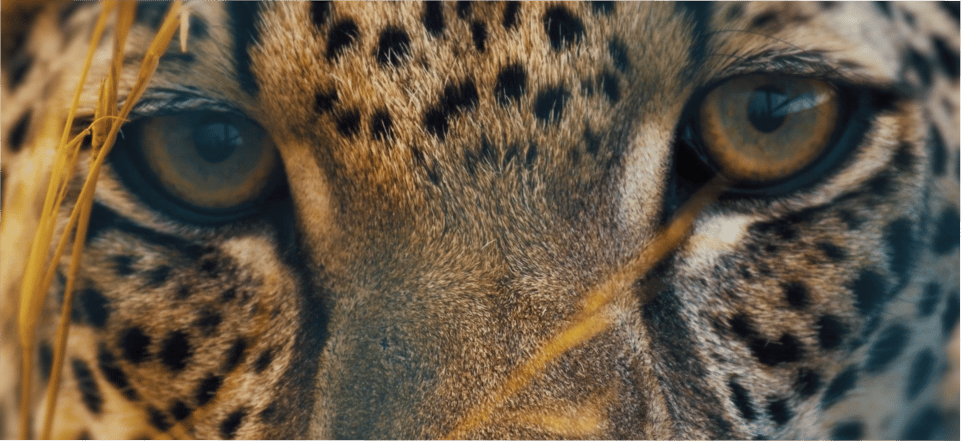
.jpg)
.png)
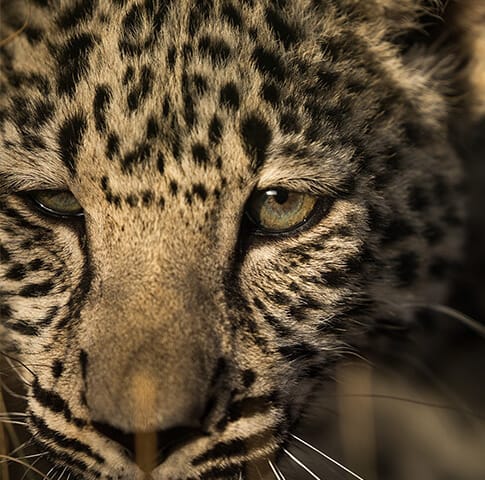
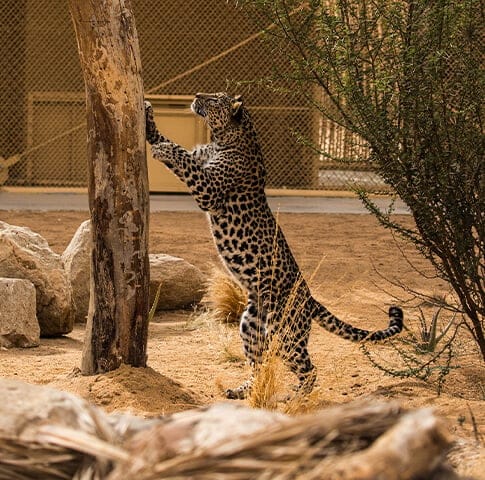
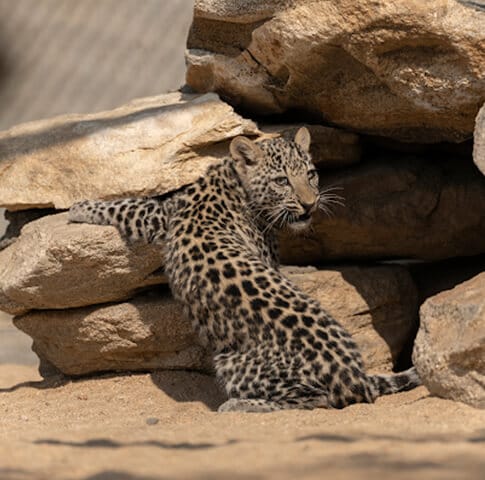.jpg)
